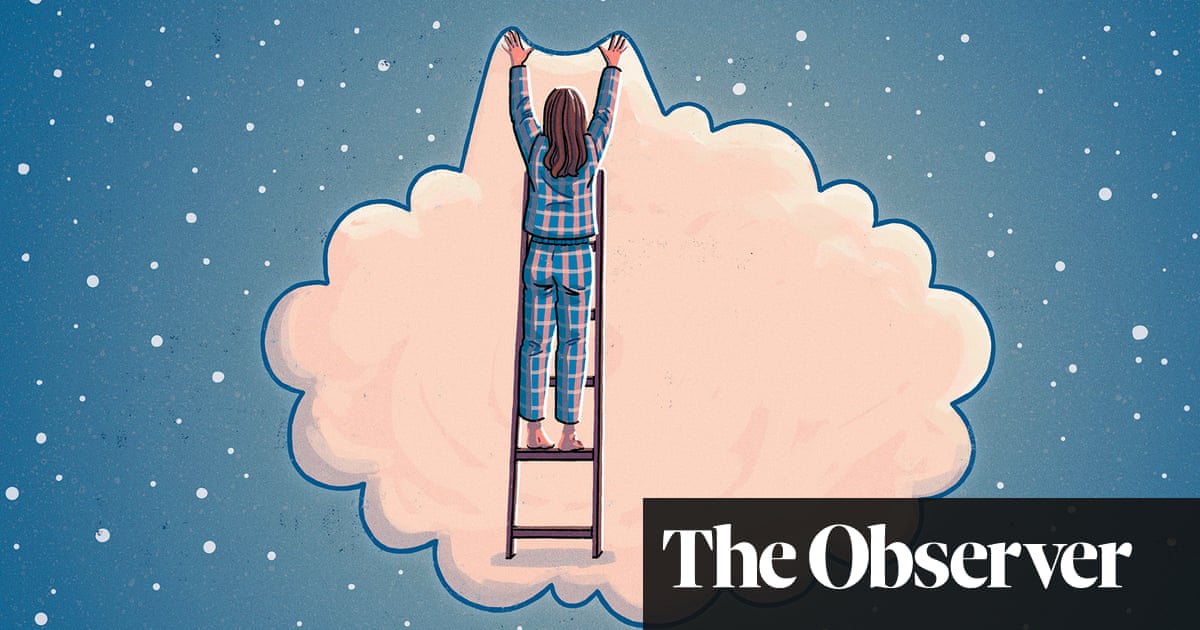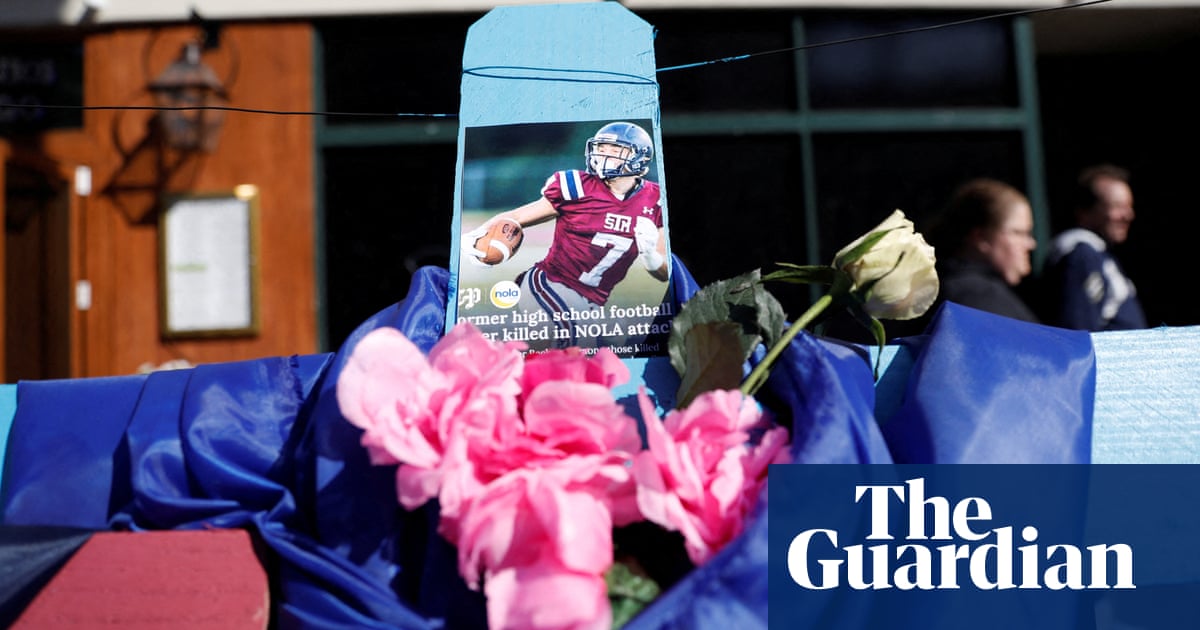Last week, I interviewed the journalist, podcaster and author Hattie Crisell about her new book, In Writing. It’s a collection of writing advice and insight from the many people she has interviewed over the years for her podcast, from the sublime (Jon Ronson constantly running out mid-sentence to save baby snapping turtles trying to cross the road to his garden), to the more worrying (Will Storr’s “dark hole” of a study in which he has a blackout curtain closed and even a sticker over his desk lamp so it only glows as faintly as possible for the entirety of the writing day). But the words that struck me most came from the comic book writer and illustrator Tor Freeman, who said: “I’m not going to write an original story, ever.” This was coupled with the journalist and novelist John Lanchester’s comment: “I find it hard to explain the extent to which the idea is not the main thing.”
So there you have it. Ideas and originality are overrated. Hooray! As overrated as brunch, speaking Latin, pore strips, pugs, Formula One, mineral water, striped wallpaper, live music and expensive moisturisers. (That list is mine by the way – maybe even a wholly original thought.) As someone who has written four books and about 174 fortnightly columns, all tangentially connected to questions of pregnancy and parenting, I am of course relieved and delighted at the news that sometimes the idea that doesn’t leave you is better than the idea nobody else has ever had. In the words of Succession creator Jesse Armstrong: “I just keep on being interested in that world.”
It also makes sense that striving to do something never seen before is not, in and of itself, the point. I mean, just look at the Tesla Cybertruck, an absolute masterclass in why making something different for the sake of difference will probably end with it looking as if you put a motor in a big tin of fish. Sometimes, it’s better to put your energy into what you’re good at, not what you’re new at.
Talking of which, I once handed in a radio play at university that was – and I’m not proud of this – an entire retelling of Under Milk Wood, set in Kirkgate Market, Leeds. There was Bessie Big Head who worked on the bins, Mog Edwards had a stall selling fabric and buttons near Butchers Row, while Sinbad Sailor worked at the Duck and Drake round the corner. The whole thing is, I pray, now gently turning to iron oxide inside a forgotten laptop somewhere in a skip. But trying to write like Dylan Thomas taught me one surprising thing: I couldn’t help but sound like Nell Frizzell, however hard I tried. Even when the creative remit was, essentially, just copying, I couldn’t erase myself completely. Which was in itself a heartening lesson: however quiet, unformed and snouting your voice, you will have one.
There is a long and fairly high-brow history of creative apprenticeships: years spent in the studio, office or school of a successful artist, filling in their gaps and doing your best to ape their style. Titian was an apprentice to Giorgione, Michelangelo learned how to paint frescoes as an apprentice to Domenico Ghirlandaio, and Leonardo da Vinci joined Andrea del Verrocchio as an apprentice at 15, before going on to have his own apprentice in the shape of Gian Giacomo Caprotti da Oreno, better known as Salaì. Nobody was asking this lot for originality, nobody wanted to hear their big ideas; and yet, eventually, beautiful things were made. If you can wriggle your way off the meat hook of expectation and stop telling yourself that you have to make something unique and new, then perhaps you can free yourself up to make something that’s actually good.
And yet, it’s hard not to look at the reheated leftovers that are the current raft of film releases, the grainy photocopy that is the Top 40 music chart, or the reanimated corpse of 90s fashion on the high street and not wonder, just for a moment, if a bit of originality might be worth a shot. Before we all get crushed into the tarmac, like so many baby snapping turtles.

.png) 1 month ago
11
1 month ago
11













































